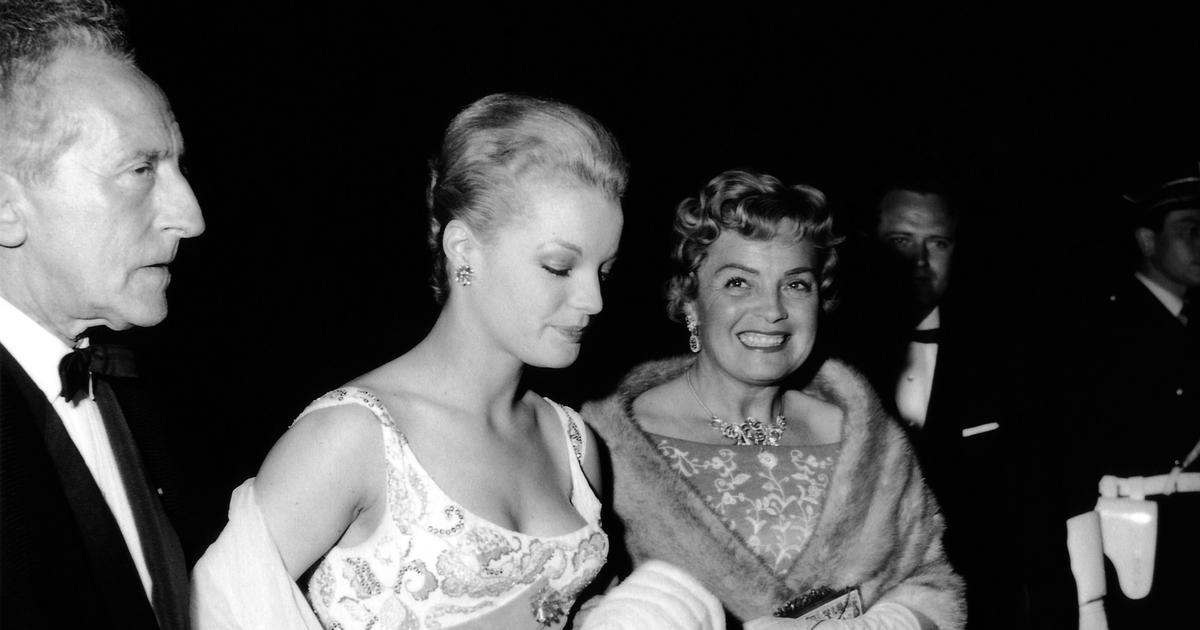«
Cocktail is not Cocteau's plural!" Who better than the poet himself to give a refutation, in the form of a joke, to a reputation which, he himself acknowledged, was not stolen. At a time when Paris was a permanent party, he spent countless evenings going from a reception at a publisher's in Saint-Germain-des-Prés to a theatrical dress rehearsal, before going to supper at Maxim's. This has never stopped him from taking the time to write books, columns, plays and to direct films that have become classics including Beauty and the Beast, The Terrible Parents and The Testament of Orpheus.
It was therefore almost natural that he was asked, at the beginning of 1953, to preside over the jury of the 6th Cannes Film Festival. He enthusiastically accepts, in principle, but nevertheless sets one condition: "This festival must be one of kindness," he declares. These days and evenings in Cannes should be a celebration, in every sense of the word. Sumptuous lunches in dream villas and dinners in tuxedos will punctuate long working days that "Mr. President" has set up perfectly.
Read alsoJean Cocteau and Jean Marais. Serious Things, by Maurane Mazars and Isabelle Bauthian: an idyll in the heart of war
«
A friendly atmosphere" says François Chalais in the excerpt that Madelen invites you to discover, at the time of the 60th anniversary of Jean Cocteau's death: an interview conducted in 1954 for Reflets de Cannes, a programme that has become mythical, which the journalist has just created. He denounces, with great diplomacy, the previous editions where "conspirators" would have intrigued within the jury, with the hope that a trophy would be awarded to someone who perhaps does not deserve it. Aware of his responsibility, Cocteau established a very precise rule: each member of the jury is obliged to see each of the films in the selection twice. In his eyes, this is the minimum to get an objective idea of the qualities and shortcomings of a feature film.
He was listened to, but that did not prevent long, passionate debates and particularly drastic choices behind the scenes, in a spirit of freedom that was considered particularly innovative at the time. "I can like a film that my comrades don't like and I can not like a film that they like," explains Cocteau, aware that the President does not have full power over the final vote, but has the duty that it is the cinematographic angle that counts. He is acutely aware that the seventh art is often a reflection of the events of the time, but that it is essential for his colleagues to place themselves outside these contingencies and judge filmmakers as men who defend history rather than political or religious ideas. "We have to be a kind of no man's land of the wall of languages," he concludes.
The bet paid off. In 1953, the Grand Prix was awarded to Henri-Georges Clouzot's film, The Wages of Fear, with a special mention to Charles Vanel. Cocteau also paid tribute to the talent of a young French director, Albert Lamorisse, by awarding him the Grand Prix for Best Short Film for Crin Blanc. An "out-of-competition" trophy was presented to Walt Disney to "thank him for the prestige he brings to the Film Festival". In the aftermath, the Minister of Information, delegated by the government, decorated him with the Legion of Honour.
Cocteau was to wear his role as President again in 1954, then as Honorary President in 1957. Behind-the-scenes images marked these three editions that earned him the nickname "Cocteau the Magnificent": the appearance of Pablo Picasso in 1953, dressed in sheepskin and wearing a bowler hat; the appearance, in 1954, of a quasi-extra, Sophie Loren, who was assured of a great future, and the arrival of the Soviet delegation with 120 kilos of caviar in its luggage. In 1957, on the steps of the Old Palace, Mike Todd introduced Cocteau to Elizabeth Taylor, calling him Jean Coquelicot. Which made him smile, even though he wasn't quite in the prime of his life.

